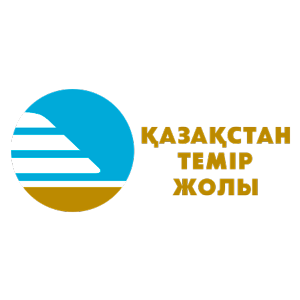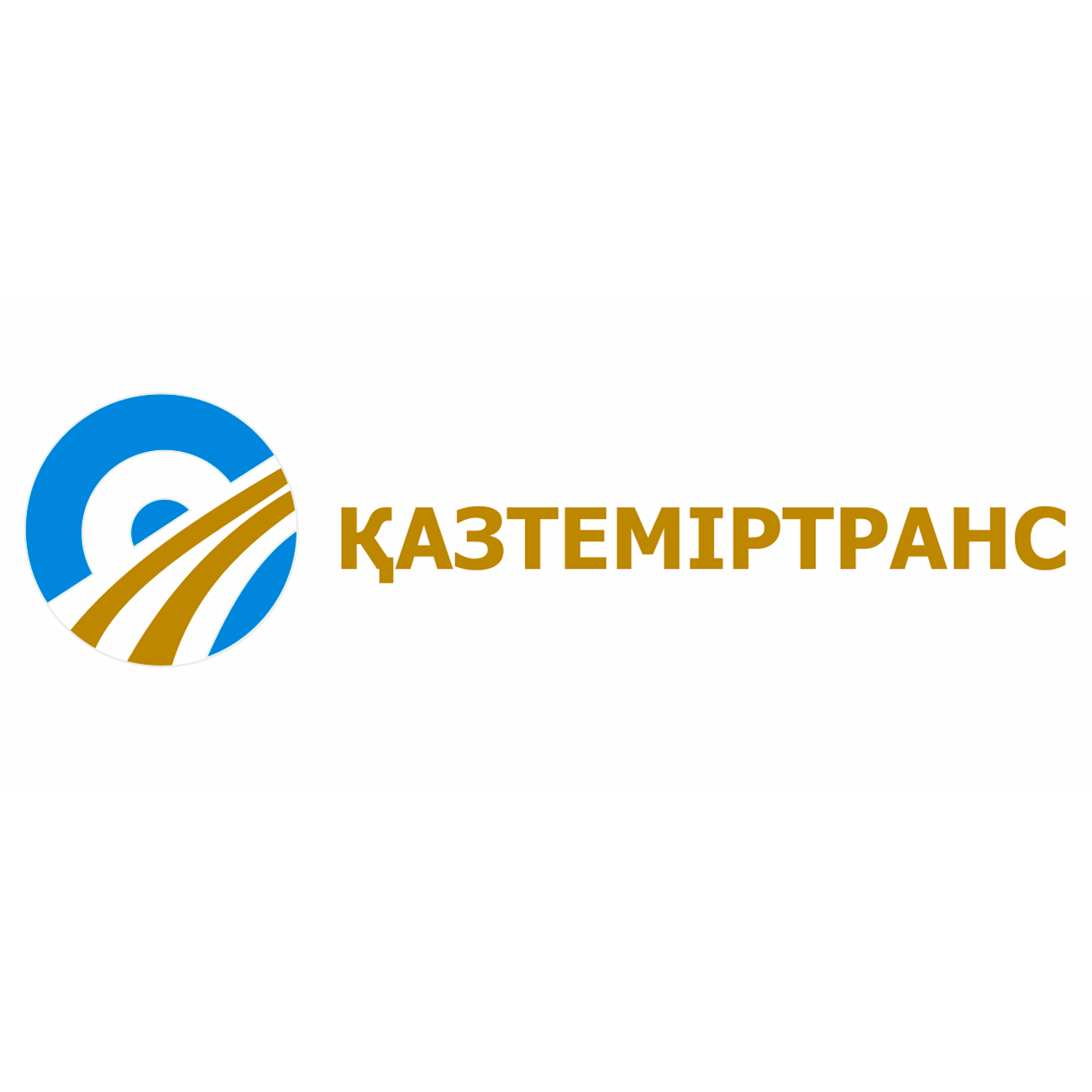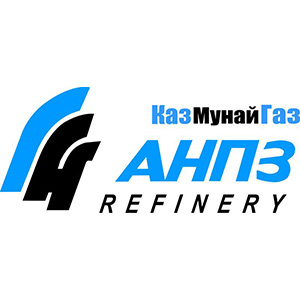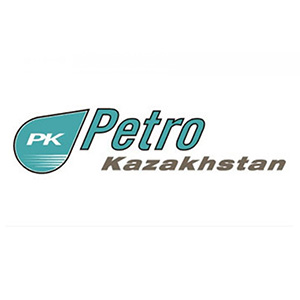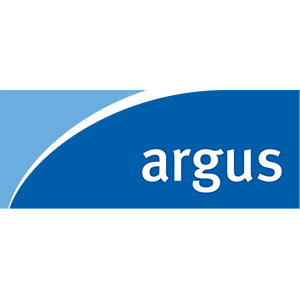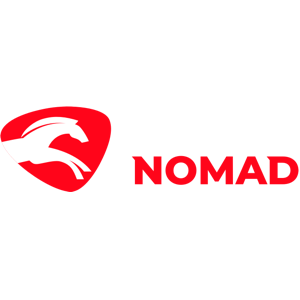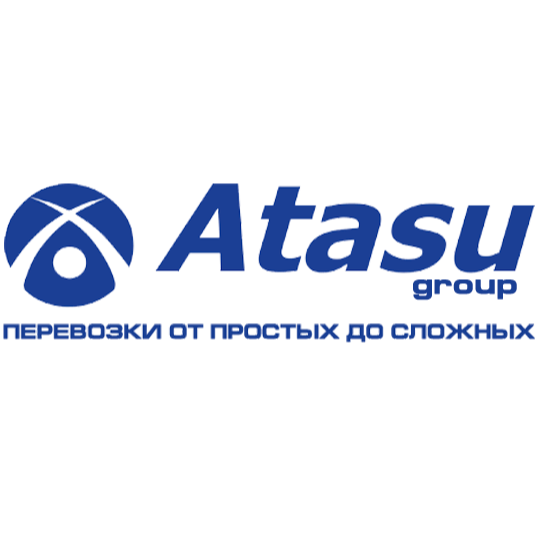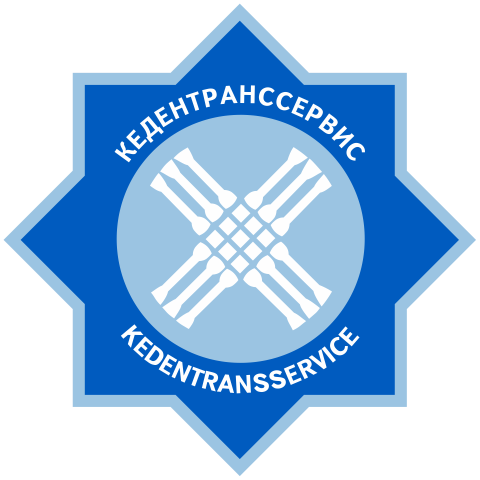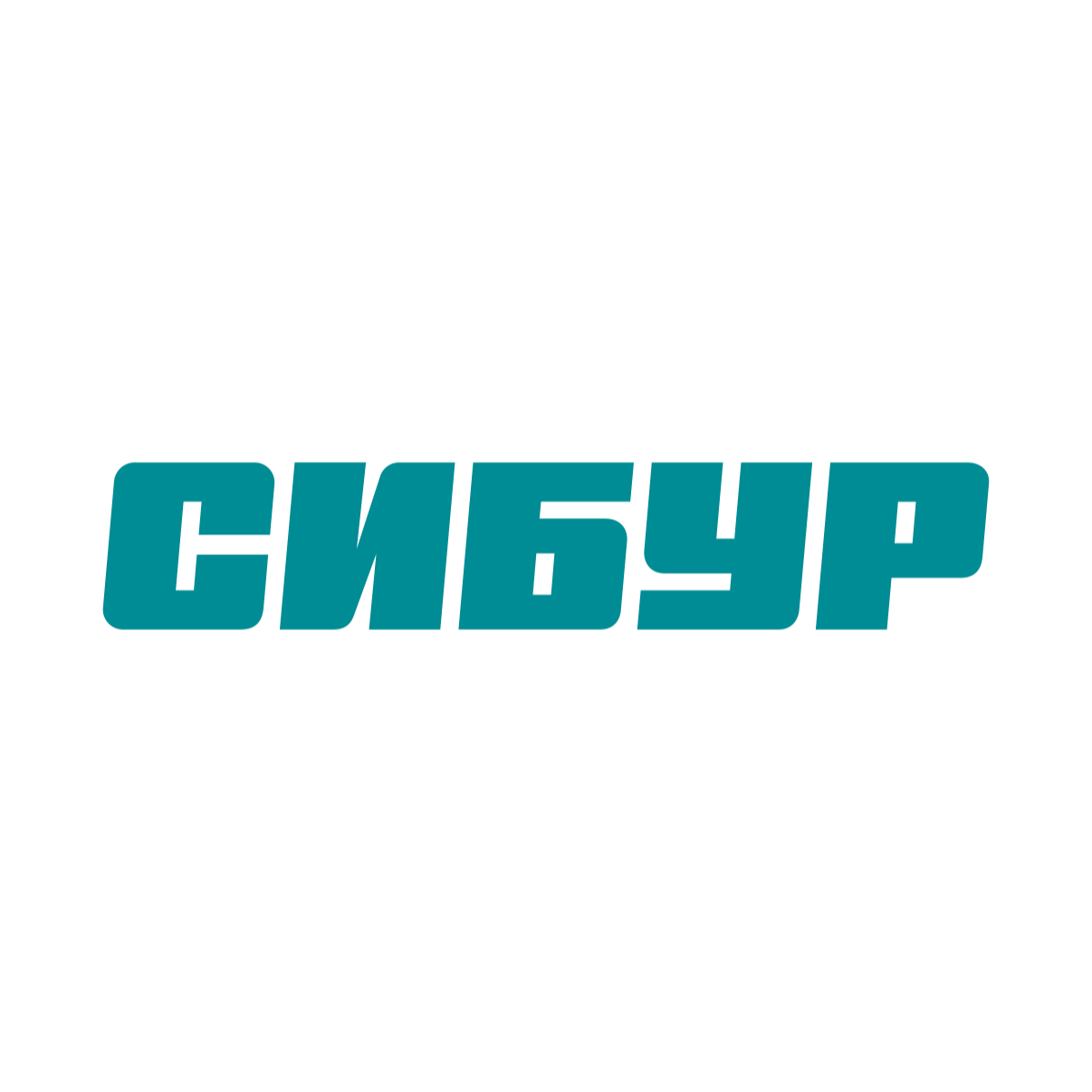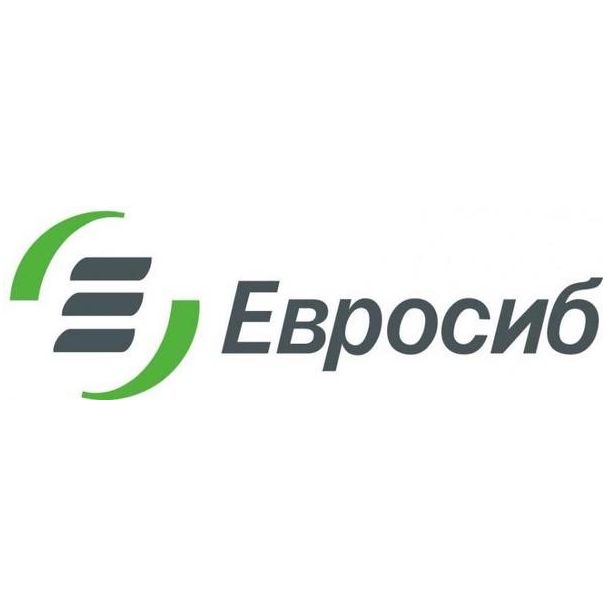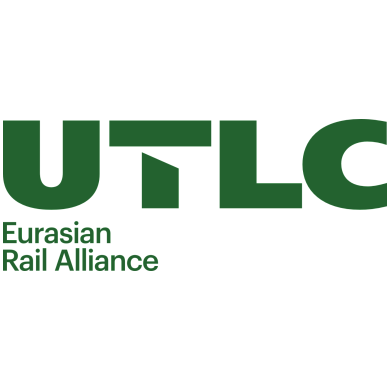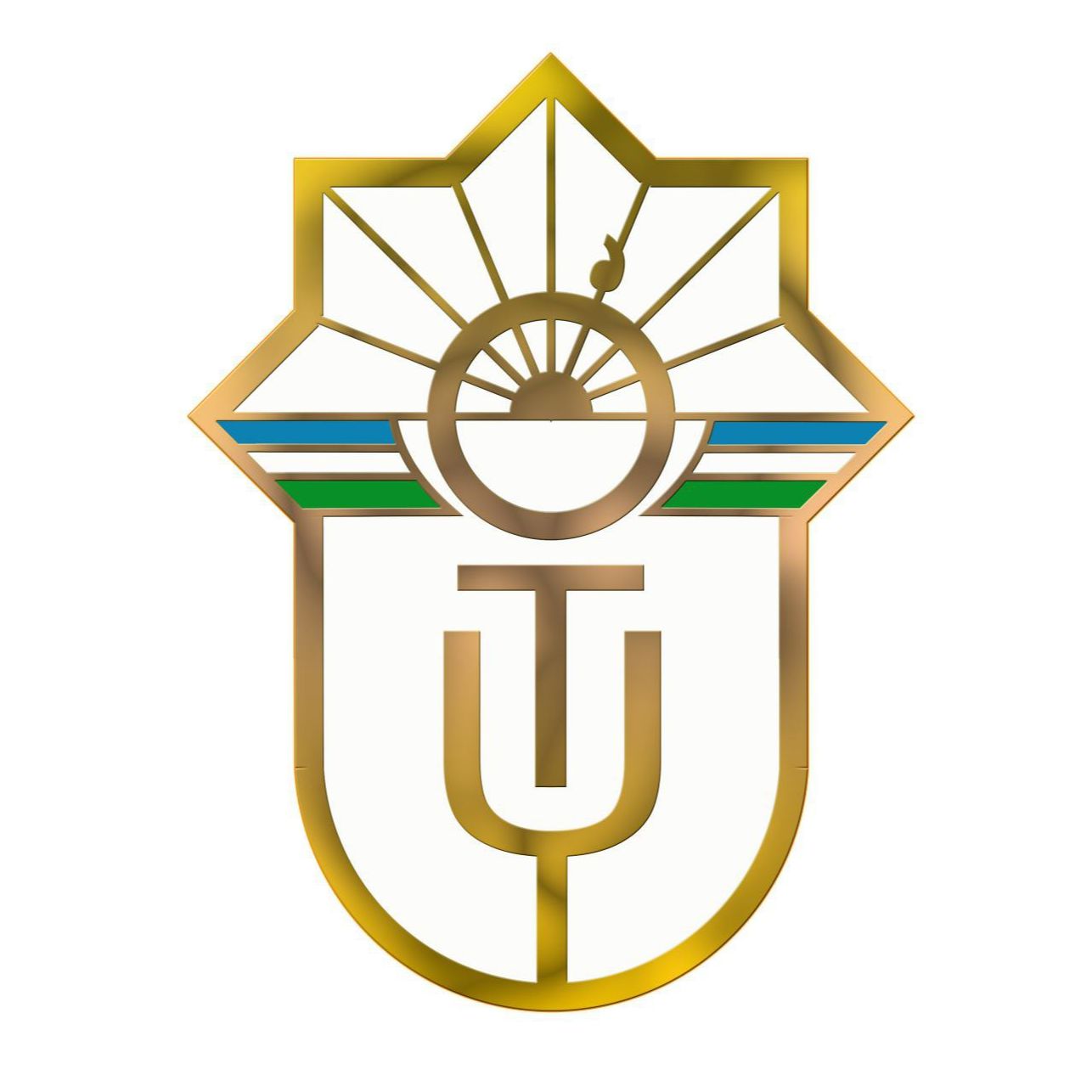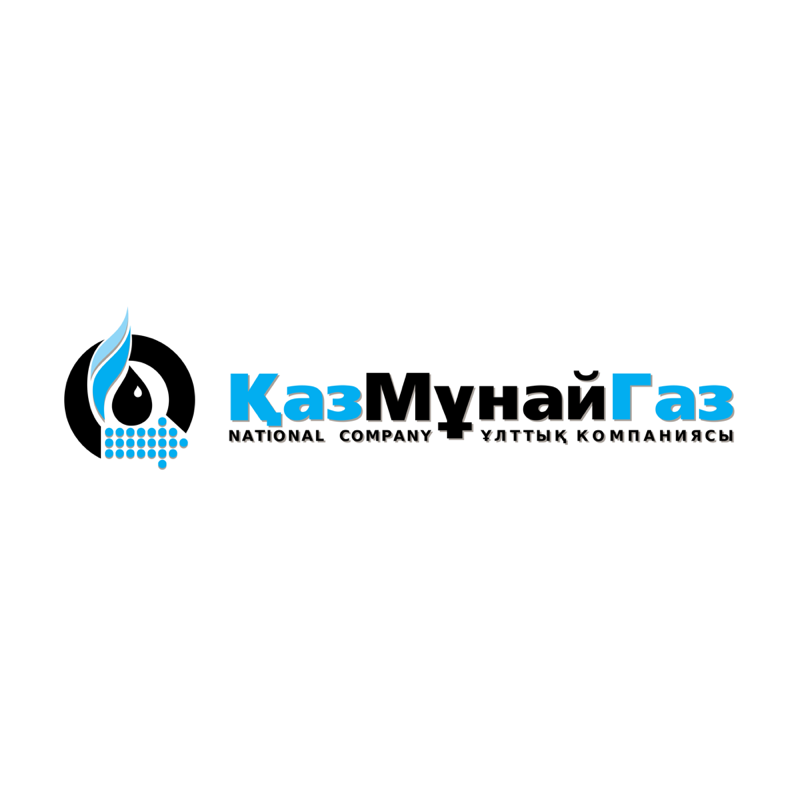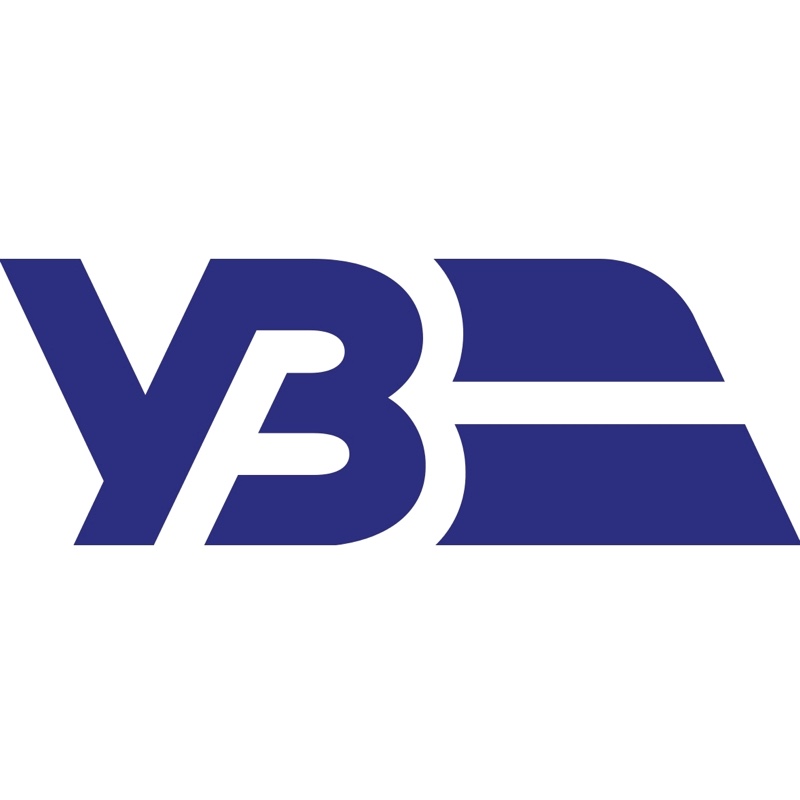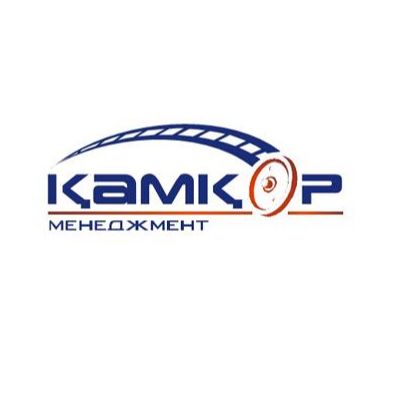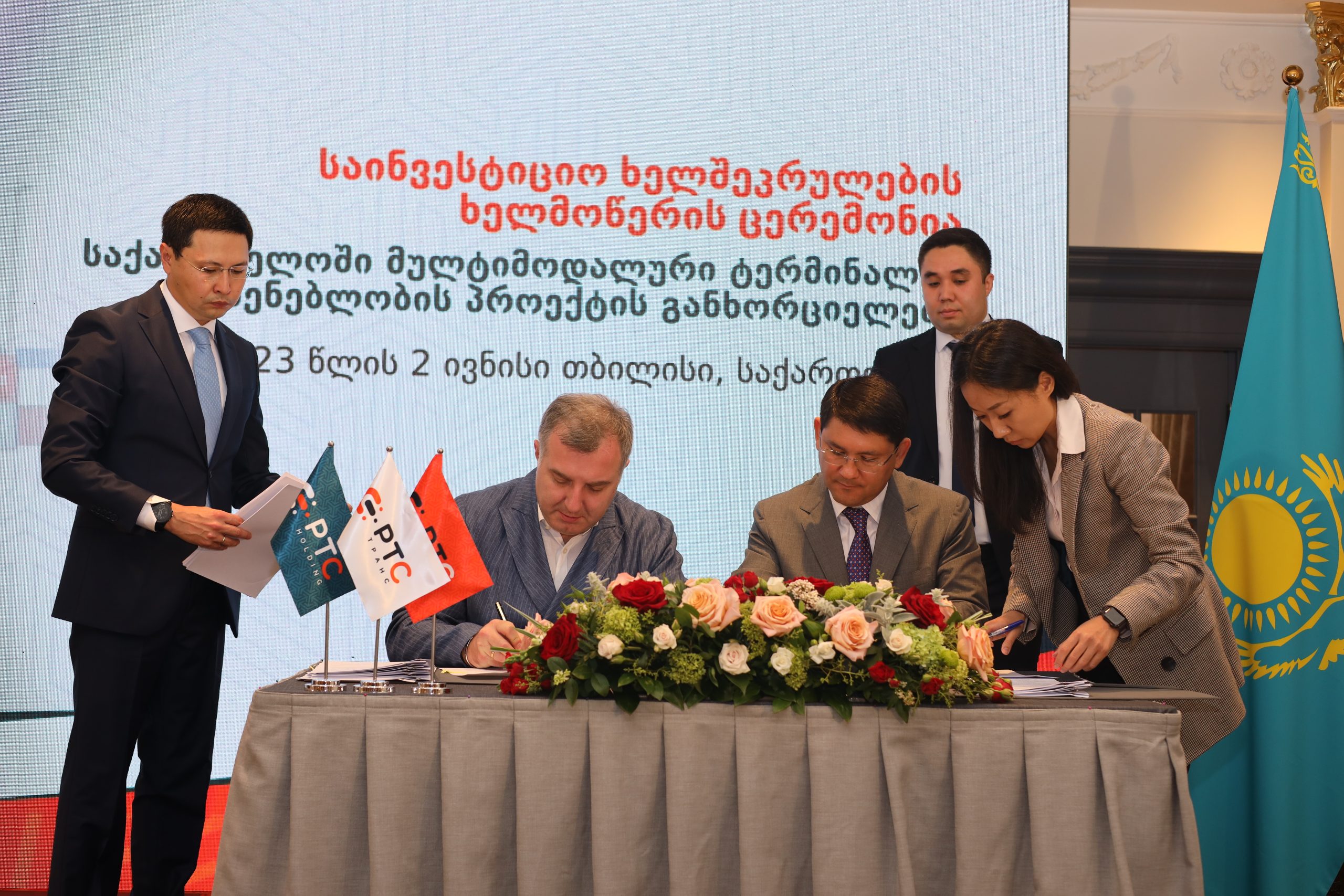
PTC Group of Companies will build a port terminal in the Georgian port of Poti on shares with Georgian partners. The holding believes that the project will be put into operation in October this year.
PTC Holding signed an investment agreement in Tbilisi on the implementation of a multimodal terminal construction project in Georgia for the development of the Trans-Caspian International Transport Route (TMTM). To implement the project on a parity basis with private Georgian partners, POTI TRANSTERMINAL JSC was created, which will become the operator of the project.
The construction of the port terminal will be the first Kazakh infrastructure project implemented in Poti, one of the largest ports of Georgia, which is a reference point on the Trans-Caspian International Transport Route (TMTM), which is extremely important for Kazakhstani operators in the current geopolitical situation in the world, as well as for the diversification of logistics routes.
The approximate volume of investments in the project at the moment in the holding is estimated at about 10 million US dollars, which will be financed without the participation of the state. The terminal itself will be located in the port of Poti on an area of 8 hectares and its capacity will be 80 thousand containers (in 20-foot equivalent) per year.
«Since Georgia is an entry and exit point on the Black Sea, it is important that PTC Holding, taking into account the implementation of infrastructure projects, will be able to directly form cargo traffic through Georgia to Europe and vice versa,» said Olzhas Arykbayev, Development Director of PTC Holding LLP. – Negotiations with Georgian partners have started since the beginning of this year. The President of our country has been talking all last year and setting tasks for the implementation of infrastructure projects and the expansion of bottlenecks in logistics. As part of this policy, PTC Holding decided to implement the project after visiting the ports of Poti and Batumi.»
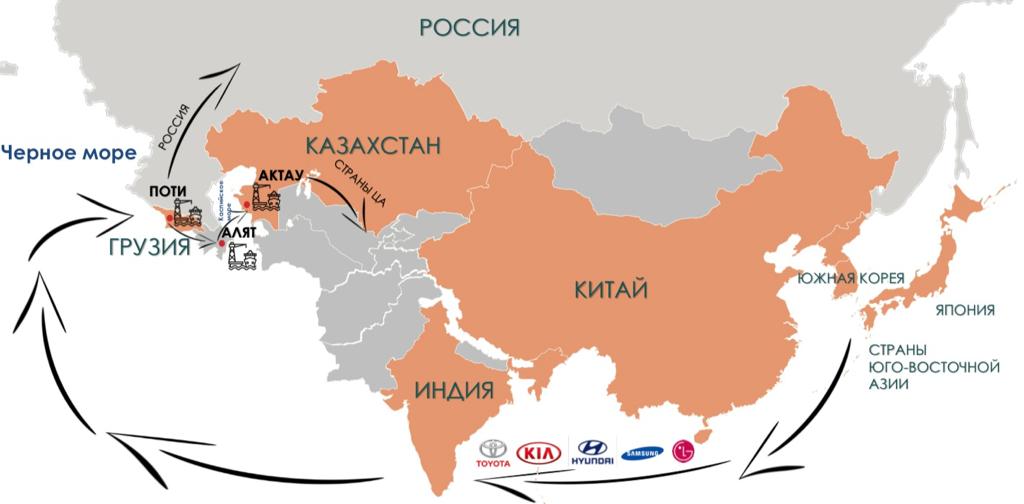
The choice of the city of Poti as a place, and not Batumi, where Kazakh business is traditionally represented, according to him, is due to the specifics that have developed in Georgia, according to which the port of Batumi mainly serves oil and bulk cargo, and Poti – container and automobile.
The construction of a terminal in Georgia as a reference point on the Trans-Caspian International Transport Route (TMTM) fits perfectly into the development strategy of a private Kazakh operator.
«When we talk about large cargo flows and serious shippers, we need to rely on someone and something. In this sense, the work with the port infrastructure should be filigree. It should provide acceptance, registration, shipment of goods. Therefore, we are looking at the Black Sea ports of Georgia. If we are talking about the maritime part of the TMTM, then, in fact, this is the end of the TMTM. If the TMTM starts for container trains at Altynkol station, the border crossing between China and Kazakhstan, then it ends in Poti or Batumi. Therefore, it is necessary to be present there,» Timur Karabayev, Chairman of the Board of PTC Holding, is convinced.
Since the port of Poti is the final point of cargo transportation by TMTM on the Black Sea, and the construction of a container terminal will allow Kazakh business to participate in the formation of cargo flows, as well as create favorable tariff conditions on this route for Kazakhstani exporters and attract additional volumes of transit cargo through the Republic of Kazakhstan.
The completion date is scheduled for October 2023.
«It is planned to start procedures for the development of design and estimate documentation immediately after the signing of the investment agreement. In principle, there is already a project concept. Now we need to make it detailed and start construction. The object itself is small, its area is only 8 hectares, so you can build it quickly enough. If we talk about specific deadlines, then after the signing of the agreement, the terminal will be built within 4-5 months, its launch is planned in October-November of this year,» Olzhas Arykbayev said.
The fact that it is extremely important to unlock the potential of TMTM, which involves the creation of unified transport operators and the formation of a closed logistics cycle, as well as the active participation of private domestic business in this process, has been repeatedly said by the President of Kazakhstan Kassym-Jomart Tokayev over the past year.
«Full disclosure of the potential of the Trans-Caspian International Transport Route is of great importance. We are talking about improving logistics services. creation of unified transport operators, modernization of technical and tariff conditions. The elimination of administrative barriers and the formation of a closed logistics cycle,» he said, meeting with Azerbaijani President Ilham Aliyev in Astana in April.
The International Association Trans-Caspian International Transport Route (TMTM) or Middle Corridor (Middle Corridor), unites owners of trunk infrastructure, carriers of various modes of transport of Kazakhstan, Azerbaijan, Georgia, Turkey, Ukraine, Romania, Poland, as well as China. In 2022, the volume of cargo transportation increased 2.5 times and reached 1.5 million tons. At the same time, the export of Kazakhstani goods increased 6.5 times compared to 2021 and amounted to 891 thousand tons.. In addition, 33.6 thousand were transported. TEF in containers is 33% higher than in the same period last year. Analysts at PTC Holding predict that in 2023 the volume of traffic will grow by another 25%.
It is worth noting that in order to increase the potential of TMTM, the association’s participants have developed a Roadmap for the simultaneous elimination of bottlenecks and the development of the potential of TMTM for 2022-2027. It is expected that these measures will increase the capacity of the corridor to 10 million tons per year by 2025.
«Today we see an increase in consumer demand for services within the framework of the Trans-Caspian transport route, the so-called «Middle Corridor». We already have active developments on it today, and customers are not just interested, but are trying to place applications,» says Timur Karabaev.
He states that «any complicated geopolitical situation has its reflection in business relations.» When the business begins to change, the sales strategy and the transportation strategy change.
«To date, the countries of Southeast Asia that have their own trading positions in Central Asia (Kazakhstan, Uzbekistan, Kyrgyzstan) have found themselves in a rather difficult situation. Because the demand for traditional routes used by cargo and goods from Southeast Asia, in particular from Korea or Japan, has either greatly decreased, or goods have completely stopped going along them. As a result, shippers from Southeast Asia began to look for alternative ways to deliver their goods,» the Chairman of the Board of PTC Holding summarizes.
The Group of Companies believes that the main alternative for the supply of such goods from South Korea, Japan, Indonesia, and in general the countries of Southeast Asia to Kazakhstan should be a route with transshipment to Poti. These expectations did not arise from scratch. As the CEO of the Korean LX PANTOS CO., LTD., who participated in the signing ceremony of the agreement, said. In the Republic of Kazakhstan, Aidar Jaxembiev, PTC Holding has already become a strategic partner of the Korean company on the TMTM route. At the same time, LX PANTOS CO., LTD is one of the leading logistics companies in South Korea, whose client portfolio includes work with such global and Korean giants as LG, KIA, Hyundai, Lotte.
«At the beginning of this year, PTC offered us to carry out cargo transportation via an alternative route – TMTM. And already in May of this year, we organized the shipment of products along this route. PTC Holding is a strategic partner for us on this section of the road. Now there is already an agreement with LG to ship cargo by sea to Poti. Cargo will be shipped from Vietnam, South Korea and Indonesia with subsequent delivery to Kazakhstan through PTC Cargo,» Aidar Dzheksembiyev said.
According to the business development strategy, the PTC Holding Group of Companies is already in the process of creating an international network of subsidiaries («sales windows» and infrastructure projects) to attract additional volumes of cargo in transit through the Republic of Kazakhstan in order to enter into direct contracts without intermediaries with the world’s largest cargo owners, manufacturers and logistics platforms. Over the past two years, the Group of Companies has registered subsidiaries in Tashkent (Uzbekistan), Shanghai (China), Istanbul (Turkey) and Bishkek (Kyrgyzstan).
An important area of PTC Holding’s strategy is the implementation of infrastructure projects, including the construction of transport and logistics terminals on the main international land corridors between European countries and the People’s Republic of China.
«We have always built our strategy on finding bottlenecks, and where they exist and there is an opportunity to physically «expand» them through the development of logistics infrastructure, that’s where we invested money. It is she who ensures our competitive position in the market. Studying new routes, we look at the capacity of certain places, and where it is not so high, but it is quite realistic to upgrade it for adequate money in an adequate time, we are ready to invest there. Our position has always been unambiguous – to develop the logistics infrastructure,» says Timur Karabayev.
https://kz.kursiv.media/2023-06-02/ptc-holding-investiruet-v-tmtm/
 010000
010000  Астана, пр. Туран, 18
Астана, пр. Туран, 18 Астана, пр. Туран, 18
Астана, пр. Туран, 18 Астана, пр. Туран, 18
Астана, пр. Туран, 18 100015
100015 ![]() China, Shanghai Pudong New Area No. 1168 Century Avenue Dongfang Financial Plaza
China, Shanghai Pudong New Area No. 1168 Century Avenue Dongfang Financial Plaza![]() Грузия, г.Поти ул. Хоби № 7
Грузия, г.Поти ул. Хоби № 7



